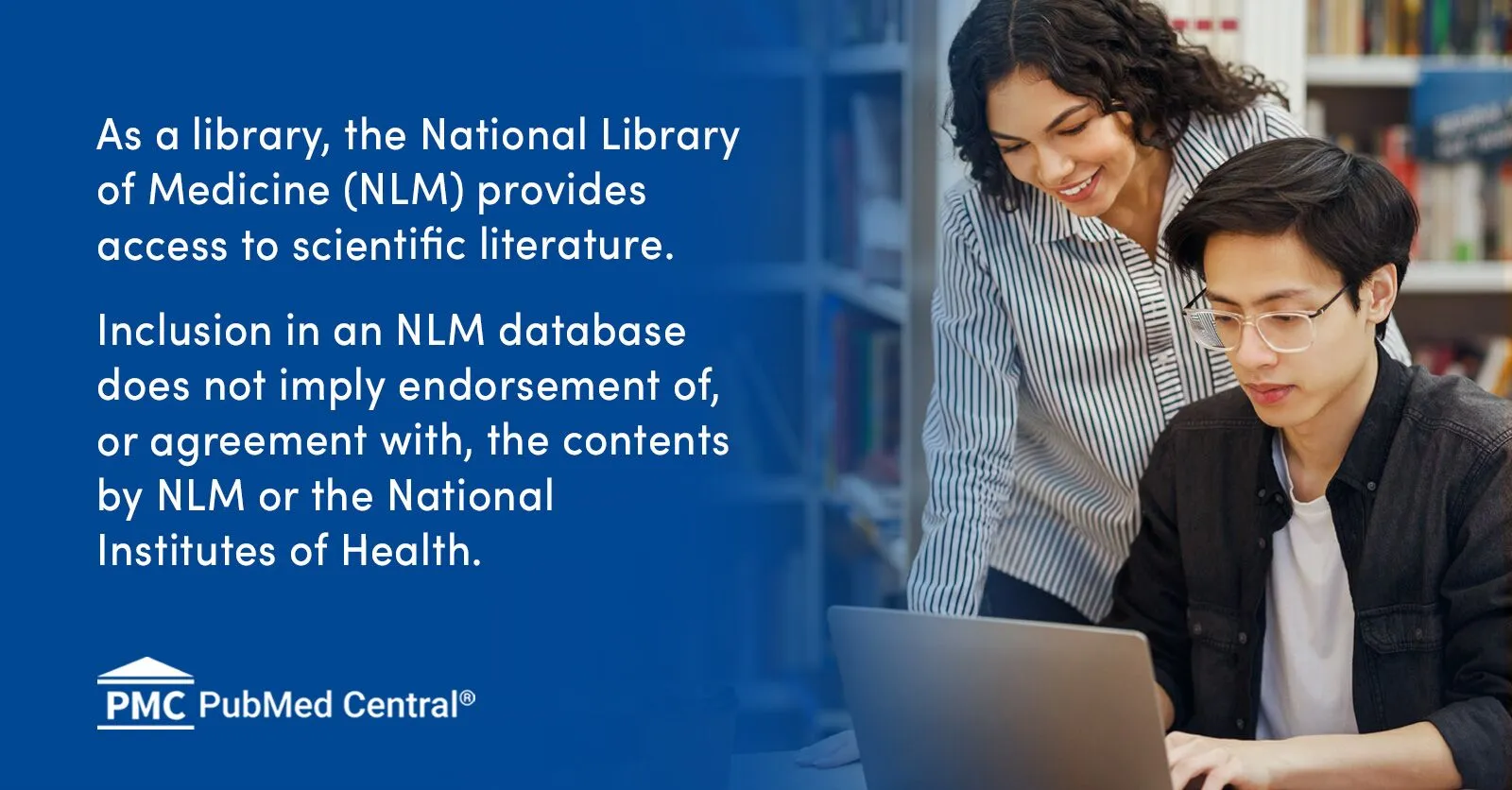How to prove that your therapy is effective, even when it is not: a guideline
How to prove that your therapy is effective, even when it is not: a guideline

pmc.ncbi.nlm.nih.gov How to prove that your therapy is effective, even when it is not: a guideline
Suppose you are the developer of a new therapy for a mental health problem or you have several years of experience working with such a therapy, and you would like to prove that it is effective. Randomised trials have become the gold standard to ...

Sorry but I had to share this, it’s gold, and such an on point critique. And very relevant for anyone informing clinical decisions with RCTs.